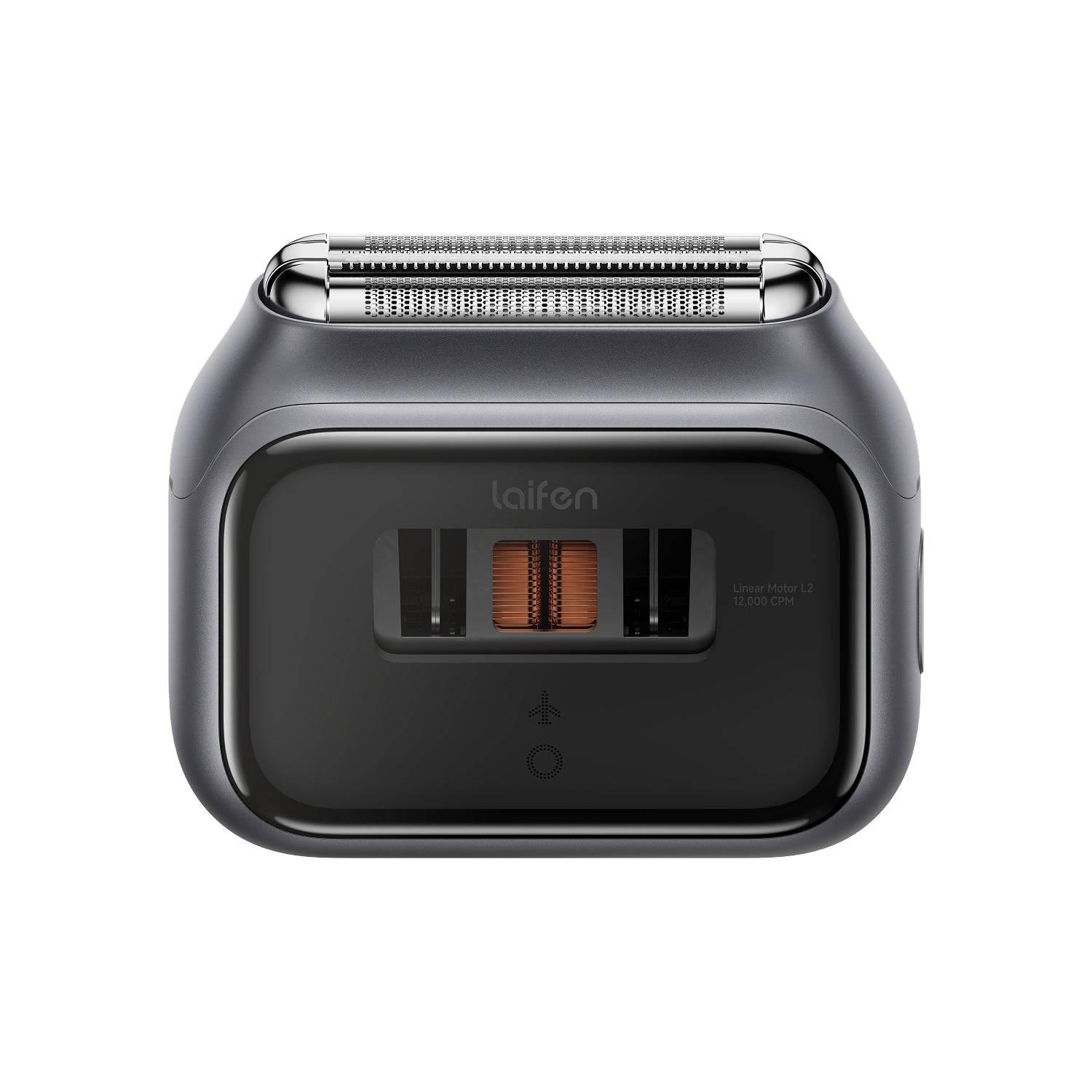
In this article
If you are worried about the buildup of plaque or tartar on your teeth, you might be considering a deep clean of your teeth. But is this a good option, and how exactly does it work? Here, we take a deep dive into the process of deep cleaning your teeth and explain everything you need to know before your initial consultation with a dentist.
What is deep cleaning teeth?
Deep cleaning your teeth is a process that you can undertake at your dentist's suggestion to remove the build-up of plaque on your pearly whites.
While there's no right or wrong time to arrange a deep clean, if your gums bleed regularly or if you have loose teeth, your dentist might recommend a thorough clean of your teeth as a result.
Sometimes referred to as periodontal scaling, deep cleaning is a common procedure that is easy enough for a dentist to complete.
Let's take a look at how the process works.
The deep cleaning teeth procedure - how it works
The whole point of deep cleaning teeth is to remove plaque and tartar that your daily brushing and flossing can't remove from your teeth.
This is important, because tartar can lead to gum disease if left untreated and it can also cause your breath to smell bad.
The good news if you're planning a deep clean of your teeth is that this is a straightforward procedure with little that can go wrong. Here's how deep cleaning teeth usually works:
Step 1. Consultation
The first step is a consultation with your dentist. You can request a deep clean of your teeth, or you can wait for your dentist to recommend it. Either way, you need to schedule a consultation to set the ball rolling.
For most deep cleaning procedures, the dentist will require at least 2 sessions, each approximately 60-90 minutes long, to clean your teeth thoroughly.
Step 2. Visit 1 - tooth scaling
On the first visit, the dentist will start with tooth scaling. This is when the dentist removes the plaque and tartar from below the gumline.
Step 3. Visit 2 - root cleaning
On the second visit, the dentist will work on the roots. Here, the dentist will go deep into the roots of your teeth and remove any plaque that is present there.
Step 4. Post treatment care
For most people, the deep cleaning ends with the second visit. However, if the dentist notes an immune deficiency, you might have to take an antibiotic for a few days to prevent any infections in the immediate aftermath.
Your dentist will also advise you to avoid super hot or cold foods and drinks in the 24-48 hours after the procedure, as your teeth are likely to be more sensitive than usual.
How long does a deep teeth cleaning take?
Most dentists perform the deep cleaning of teeth over two sessions, with each lasting between 60-90 minutes. Of course, if your teeth are in particularly bad shape, you can expect it to last longer than this, but your dentist will advise you on the time it will take during your initial consultation.
Does deep cleaning on teeth hurt?
Some people shy away from deep cleaning their teeth out of fear that the process will hurt in some way. For most patients, deep cleaning is completely pain free and is a relatively low risk procedure.
However, you might experience some sensitive teeth after deep cleaning, particularly in the 24-48 hours after the procedure. This is normal and nothing to be worried about, but if the sensitivity lasts for longer than a few days, you should speak to your dentist.
As for gaps in teeth after teeth cleaning, these appear because the dentist has removed plaque and tartar from your teeth, which will initially feel like there is a lot of space where there previously wasn't any.
Again, don't worry about this - eventually, the space between your teeth and gums will close and things will return to normal.
Is deep cleaning teeth at home possible?
The deep cleaning of your teeth is a procedure that must be carried out by a professional dentist. So unless you arrange a home visit, it's not something you can attempt at home.
That being said, you can improve your general oral hygiene by improving the way you look after your teeth on a daily basis, which may negate the need for a deep clean in the future.
For instance, switching to the Laifen Wave oscillating toothbrush is a great option, as it offers much more thorough cleaning than standard electric brushes, helping you to remove plaque from your teeth when you brush 2-3 times per day.
Equally, flossing regularly and using an antibacterial mouthwash can also help to keep on top of plaque levels, so consider adding a mouthwash to your daily oral routine.
Deep cleaning teeth cost
Given that it's a necessary procedure for many, you're probably wondering about the cost of deep cleaning your teeth. Well, though there are lots of variables, you can expect deep cleaning teeth cost without insurance to be between $150 and $350.
If the procedure isn't covered on your insurance, make sure you shop around and ask several dentists for a quote before choosing the one to go with.
Advantages and disadvantages of deep cleaning teeth
Before you decide whether a deep clean of your teeth is a good option, we want to leave you with these pros and cons of the procedure to help make your mind up:
✅ Deep cleaning your teeth removes plaque and tartar, which can prevent gum disease.
✅ Deep cleaning your teeth also prevents bad breath by removing bacteria from your mouth.
✅ The process promotes healthy gums, roots, and teeth, and prevents tooth decay and loss.
❌ Some patients experience increased sensitivity after the procedure.
❌ There is a slight risk of infection after the procedure, for which you may be prescribed an antibiotic.
So, is deep cleaning your teeth a good option? We certainly think so, as it removes plaque and tartar and protects you from gum disease. Consult your dentist today for more information about how the procedure works and how much it is likely to cost.





























